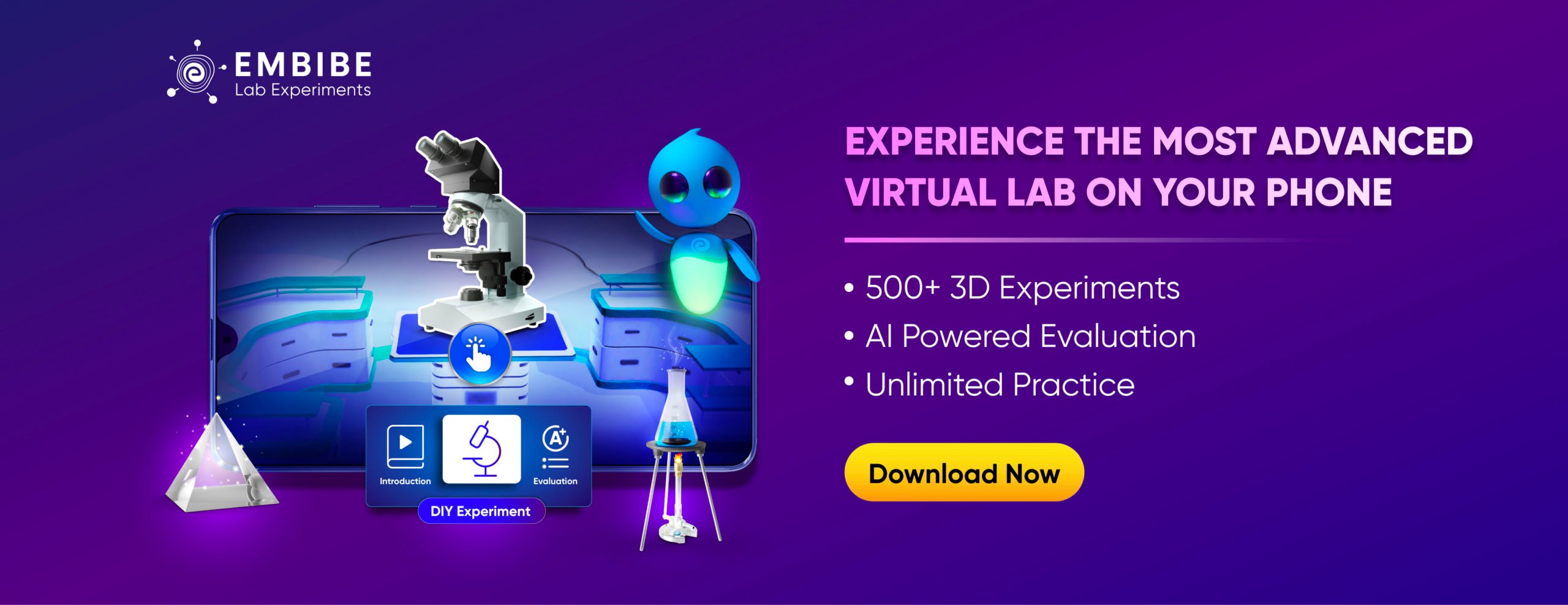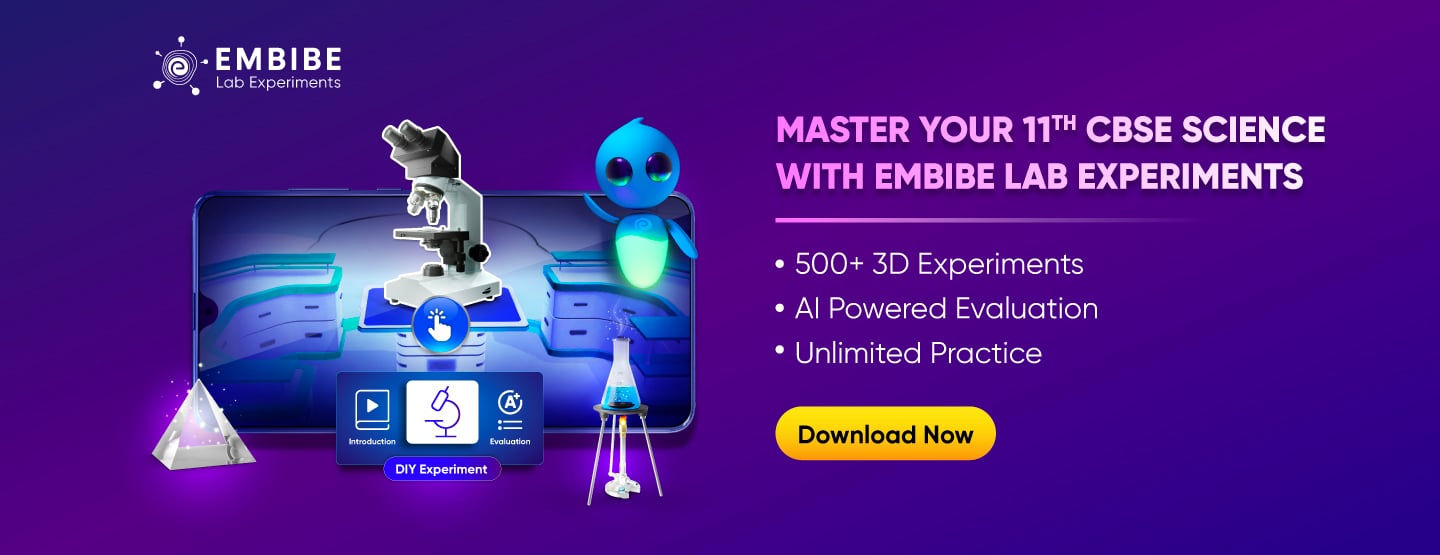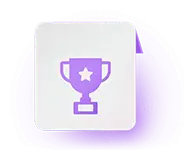- Written by Harshitha A
- Last Modified on 3-05-2023
Jharkhand Board Class 11 Exam 2023
The Jharkhand Academic Council (JAC) governs primary and secondary education in Jharkhand. The board is in charge of the state’s public education system. Furthermore, the JAC board conducts the state-wide board examinations for classes 10 and 12. The Jharkhand Board Class 11 is administered by the board but conducted at the respective schools by following the guidelines set by the board.
The syllabus, curriculum and other academic activities are set by the board for Class 11. Class 11 is a preparatory phase for Class 12 and helps students gear up for their upcoming board exam. This article talks about the Jharkhand Board Class 11 exam, its important information like syllabus, preparation tips, exam date and so on. Continue reading further to learn more about the exam and kickstart your preparation on the right path.

Jharkhand Board Class 11 Exam Summary 2023
Class 11 plays an important role in building the fundamentals required for Class 12. The exams are held offline at the respective schools usually in March every year. The schools follow the rules and regulations that the board prescribes to conduct the exam. The exams are usually conducted in March every year. The board provides the timetable for the schools to conduct the Class 11 exam. However, before going into further details let us have a look at the Jharkhand Board Class 11 exam summary 2023.
| Particulars |
Details |
| Board Name |
Jharkhand Academic Council (JAC), Ranchi |
| Class Name |
Class 11 |
| Name of Exam |
Jharkhand Board Class 11 Exam |
| Establishment Year |
February 2003 |
| Headquarter |
Ranchi |
| Exam Dates |
March 2023 (Tentatively) |
| Mode of Exam |
Offline |
| Frequency of Exam |
Once in a year |
Jharkhand Board Official Website Link
https://jac.jharkhand.gov.in/jac/
Jharkhand Board Class 11 Exam Pattern 2023
The Jharkhand Board Class 11 exam is conducted once in a year usually in March. The full marks for the exam are 100 for each paper and the time duration is 3 hours. Students must secure at least 33% out of the total marks in each subject to clear the exam. Physics, Chemistry, and Biology have theory papers for 70 marks and practicals for 30 marks. Mathematics and Language subjects have 100 marks for theory.
Jharkhand Board Class 11 Exam Syllabus 2023
The syllabus for JAC Class 11 is similar to the National Council of Educational Research and Training (NCERT). Students should prepare for examinations according to the prescribed syllabus. The syllabus gives an overall idea of what will be covered in the course and students should follow it religiously. Knowing the syllabus helps them devise a proper timetable for their studies to ace the exam.
JAC Class 11 Maths Syllabus
Maths is a subject that requires concept clarity and rigorous practice. Students must be thorough with all the chapters and they should follow the syllabus. Below we have provided the JAC Class 11 Maths syllabus:
| Chapter No. |
Chapter Name |
| 1 |
Sets |
| 2 |
Relations and Functions |
| 3 |
Trigonometric Functions |
| 4 |
Mathematical Induction |
| 5 |
Complex Numbers and Quadratic Equations |
| 6 |
Linear Inequalities |
| 7 |
Permutation and Combination |
| 8 |
Binomial Theorem |
| 9 |
Sequences and Series |
| 10 |
Straight Lines |
| 11 |
Conic Sections |
| 12 |
Introduction to Three Dimensional Geometry |
| 13 |
Limits and Derivatives |
| 14 |
Mathematical Reasoning |
| 15 |
Statistics |
| 16 |
Probability |
| 17 |
Properties of Triangle |
JAC Class 11 Physics Syllabus
Physics is a subject that deals with the universe and how it works, matter and energy, and many more. Students must be well adept with the concepts and practice questions regularly. They can refer to the table below for the JAC Class 11 Physics syllabus:
| Chapter No. |
Chapter Name |
| 1 |
Physical World |
| 2 |
Units and Measurements |
| 3 |
Motion in a Straight Line |
| 4 |
Motion in a Plane |
| 5 |
Laws of Motion |
| 6 |
Work, Energy and Power |
| 7 |
System of Particles and Rotational Motion |
| 8 |
Gravitation |
| 9 |
Mechanical Properties of Solids |
| 10 |
Mechanical Properties of Fluids |
| 11 |
Thermal Properties of Matter |
| 12 |
Thermodynamics |
| 13 |
Kinetic Theory |
| 14 |
Oscillations |
| 15 |
Waves |
JAC Class 11 Chemistry Syllabus
Chemistry has three sections – Physical, Organic, and Inorganic Chemistry. The subject invloves many theoretical concepts, their applications and chemical reactions. Students can get the detailed JAC Class 11 Chemistry syllabus in the table below:
| Chapter No. |
Chapter Name |
| 1 |
Some Basic Concepts of Chemistry |
| 2 |
Structure of Atom |
| 3 |
Classification of Elements and Periodicity in Properties |
| 4 |
Chemical Bonding and Molecular Structure |
| 5 |
States of Matter |
| 6 |
Thermodynamics |
| 7 |
Equilibrium |
| 8 |
Redox Reactions |
| 9 |
Hydrogen |
| 10 |
The s-block Elements |
| 11 |
The p-Block Elements |
| 12 |
Organic Chemistry |
| 13 |
Hydrocarbons |
| 14 |
Environmental Chemistry |
JAC Class 11 Biology Syllabus
Biology is a subject with many concepts or topics that are directly associated with our daily lives. Learning them can be fun when students can relate the topics to real-life situations. The table below provides the JAC Class 11 Biology syllabus:
| Chapter No. |
Chapter Name |
| 1 |
The Living World |
| 2 |
Biological Classifications |
| 3 |
Plant Kingdom |
| 4 |
Animal Kingdom |
| 5 |
Morphology of Flowering Plants |
| 6 |
Anatomy of Flowering Plants |
| 7 |
Structural Organisation in Animals |
| 8 |
Cell- The Unit of Life |
| 9 |
Biomolecules |
| 10 |
Cell Cycle and Cell Division |
| 11 |
Transport in Plants |
| 12 |
Mineral Nutrition |
| 13 |
Photosynthesis in Higher Plants |
| 14 |
Respiration in Plants |
| 15 |
Plant Growth and Development |
| 16 |
Digestion and Absorption |
| 17 |
Breathing and Exchange of Gases |
| 18 |
Body Fluids and Circulation |
| 19 |
Excretory Products and Their Elimination |
| 20 |
Locomotion and Movement |
| 21 |
Neural Control and Coordination |
| 22 |
Chemical Coordination and Integration |

Jharkhand Board Class 11 Exam Date 2023
The JAC Class 11 exam date has not been released yet. It is expected to commence in March 2023, tentatively. Students can wait for the notification from their respective schools to get the timetable.
Jharkhand Board Class 11 Exam Admit Card 2023
The Jharkhand Board Class 11 admit card will be issued about two weeks prior to the date of the examination. Admit card contains details such as the name of the candidate, date and venue of the examination and other details too. Students must know the fact that admit card is an important document that needs to be carried to the examination centre.
Jharkhand Board Class 11 Study Plan to Maximise Score
Studying thoroughly for the exam is the best way to score good marks. However, having a detailed study plan helps students maximise their efficiency. It allows them to prepare for the exam strategically to finish the syllabus on time and have ample time for revision. The detailed study plan to maximise the Jharkhand Board Class 11 exam score is bifurcated here in this section.
JAC Class 11 Preparation Tips
The Class 11 final examination is very stressful in the career of a student. Better preparation for board examinations can lower stress effectively. 11th exams are the deciding steps of your future career. This exam is an important factor for colleges and institutions. Students appearing in the 11th class examinations can surely take help from these preparation tips:
- Clear your concepts: Students must ensure their concepts are all clear to be able to tackle any questions in the exam. They can refer to their textbooks or watch 3D videos on Embibe to get a deeper understanding.
- Organise your time: Another major part of your preparation is time management. You must stick to a study schedule and dedicate equal time to all subjects. Students need to follow this advice to reduce the stress and anxiety they experience while preparing for exams. Set a deadline for each subject, and only then will you be able to finish your studies on time.
- Revision: While it is crucial to finish your study on time, revision is even more important. Revision is similar to putting the final touches on your study. Do not wait till the last minute to revise. Choose a weekend as the perfect day for regular revision of whatever you’ve learned during the week. Complete all subjects at least two months before the final board examination so you can revise.
- Methodology of the study: Set aside time for studying and find a suitable study area. Allocate extra time to more difficult things than those on which you already have a firm grasp. It will make exam preparation easier for tough subjects.
- Rest and refreshment: Set aside some time for refreshment activities every day. Allow yourself a good 6-7 hours of proper rest. Make sure you sleep on a comfortable bed. Regularly exercise and practice yoga. Maintain a balanced diet. All the issues described will prepare you for the next day’s study and refresh your mind, allowing you to boost your performance.
Detailed Study Plan for JAC Class 11
Class 11 Physics, Chemistry, Math, and Biology are very different from what you learned in Class 10. The difficulty levels are different. The Class 11 syllabus includes new chapters, concepts, and themes and significantly more depth on each concept and topic. Let’s look deeper at the JAC Class 11 PCMB preparation plan.
Detailed Study Plan for Physics
Physics is a subject which requires a strong foundation. As a result, the JAC Class 11 Physics syllabus must be taken seriously. Otherwise, you won’t be able to comprehend anything from the Physics syllabus for Class 12. Students can refer to the study plan for Physics below:
- Read the Physics textbook for Class 11 in depth. Understand the chapters thoroughly, beginning to end, without missing any concepts.
- Remember that you must visualise the numerous mechanisms, processes, and experiments, among other things. When it comes to Physics, this is important.
- In a separate notebook, jot down the key points for each chapter: definitions, brief descriptions, formulas, diagrams, equations, and so on.
- Practice questions daily and take several tests to know where you stand and manage your time well.
Detailed Study Plan for Chemistry
The JAC Class 11 Chemistry syllabus is divided into three sections: Physical Chemistry, Organic Chemistry, and Inorganic Chemistry. Students must ensure that they give equal importance to all the sections. They can find the detailed study plan below:
- Refer to the Class 11 textbook for Chemistry, just like you would for Physics. Remember to understand every concept, topic, mechanism, process, reaction, and so on.
- Chemistry requires remembering several formulas, reactions, equations, etc. So, as you study, note down the equations, reactions, and other important information.
- Make a list of definitions for different terms and brief descriptions of relevant processes, reactions, and experiments.
- You’ll forget the reactions and equations if you don’t practice them regularly.
- The example problems will give you an idea of how to tackle challenges. They can also practice questions on Embibe.
- At the end of the chapter, answer the questions.
- Revise the theory, equations, reactions, and formulas regularly.
Detailed Study Plan for Mathematics
Mathematics is a crucial subject for engineering students. This subject necessitates the memorising of numerous formulas. It is not suggested, however, to memorise formulas without first knowing the theory behind them.
- Understand the theory behind each concept and topic by consulting the textbooks or ebooks with solutions on Embibe.
- Please write down the formulas for a chapter. Make sure you understand them, what they mean, and how to apply them.
- Keep a note of the formulas.
- Study the solutions to the problems to learn how to solve them.
- Finish the chapter by answering the questions at the end. The more you practice, the better you will become. You’ll also discover and acquire other approaches and techniques with practice.
Detailed Study Plan for Biology
Biology is important for medical students. It is a theory-based subject that requires recollecting many diagrams, processes, scientific names, etc. Read the pointers below for the detailed study plan.
- Read the Class 11 Biology book thoroughly to understand the various concepts.
- Important terms, points, brief descriptions, diagrams, flow charts, scientific names, etc., should be noted. Then, to prevent forgetting, go through them regularly.
- Solve questions at the end of each chapter. Then, revise both the theory and the questions regularly. You can also solve questions and take mock tests on Embibe.

FAQs on Jharkhand Board Class 11
Following are some common questions on the Jharkhand Board Class 11 exam.
Q: Who conducts the Jharkhand Board Class 11 exam?
Ans: The JAC administers the Jharkhand Board Class 11 exam, and the respective schools conduct it.
Q: Where can I get the information about the JAC Class 11 exam?
Ans: Students can get detailed information about the JAC Class 11 exam on this page.
Q: What is the passing mark for JAC Class 11 exam?
Ans: Students must score at least 33% of the total marks to pass the JAC Class 11 exam.
Q: Where can I take mock tests for Jharkhand Board Class 11?
Ans: Students can take mock tests for Jharkhand Board Class 11 on Embibe.
Q: Can I get practice questions on Embibe for the Jharkhand Board Class 11?
Ans: Students can get numerous practice questions on Embibe for the Jharkhand Board Class 11.
Jharkhand Board Class 11 List of Educational Institutions
Learn about the top schools in Jharkhand, as well as their board, in the table below:
| Name of the School |
Board |
| APEG Residential School |
Jharkhand Academic Council |
| Asha Kiran School |
Jharkhand Academic Council |
| Aaruni Public School |
Jharkhand Academic Council |
| Adarsh Vidya Niketan High School |
Jharkhand Academic Council |
| Aditya Birla High School |
Jharkhand Academic Council |
| Assisi High School |
Jharkhand Academic Council |
| Bhartiya Model School |
Jharkhand Academic Council |
| Balichela High School |
Jharkhand Academic Council |
| Birsanagar Primary School |
Jharkhand Academic Council |
| Board Middle School |
Jharkhand Academic Council |
Future Exams After Jharkahnd Board Class 11
NEET, JEE, and CLAT are good post-class 12 admissions tests among students. These are nationwide examinations. There are, however, various options for students who want to start laying the foundation for their desired job. Some of the important competitive exam details are described below:
| Stream |
Exam |
| Engineering |
Joint Entrance Examination (JEE) Main
JEE Advanced
COMED-K
VITEEE
NDA Entrance with PCM (MPC) |
| Medical |
National Eligibility Cum Entrance Test (NEET)
AIIMS |
| Defence Services |
Indian Maritime University Common Entrance Test
Indian Navy B.Tech Entry Scheme
Indian Army Technical Entry Scheme (TES) ·
National Defence Academy and Naval Academy Examination (I) |
| Fashion and Design |
National Institute of Fashion Technology (NIFT) Entrance Test
National Institute of Design Admissions
All India Entrance Examination for Design (AIEED)
Maeer’s MIT Institute of Design
National Institute of Fashion Design
National Aptitude Test in Architecture
Center for Environmental Planning and Technology (CEPT) |
| Law |
Common-Law Admission Test
All India Law Entrance Test (AILET) |

















































